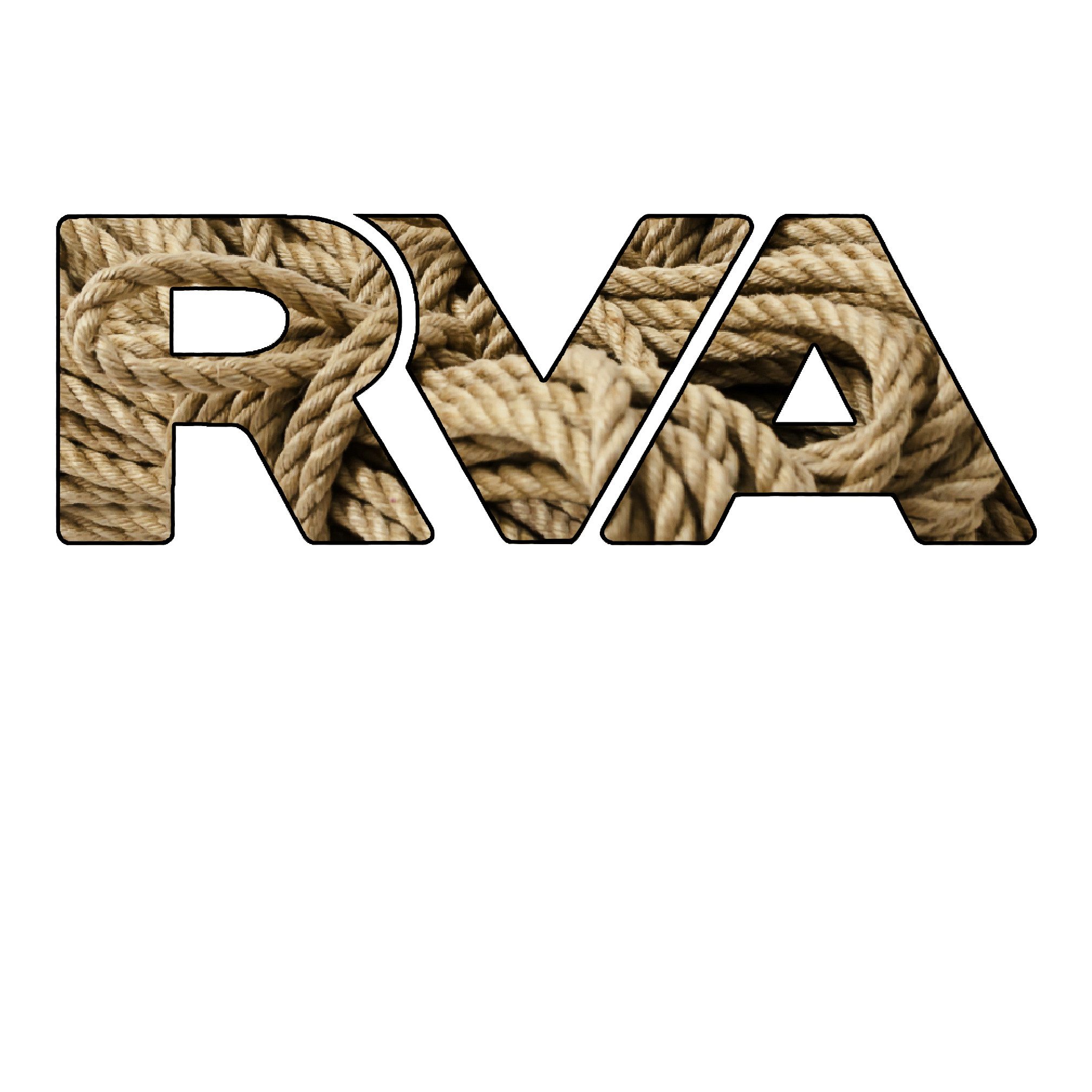RVA Rope strives to follow the “Core Values” listed below.
Scholarship - Be a dedicated student of your craft
- Deliberate and Persistent Practice: engage in deliberate practice and be a perpetual student (stay in learning mode instead of knowing mode)
- Learning in Context: learn as much as you can about the art you’re practicing
- Experience: time isn’t everything, but it’s not nothing, either
- Progression: don’t rush into things beyond your current skill level
- Interaction: understand the difference between practice, performance, and play
Citizenship - Be responsible for yourself and your actions
- Involvement: be an active, upstanding participant of the rope community, and don’t knowingly or intentionally cause harm to others
- Responsibility: take responsibility for your words and actions; recognize and correct mistakes
- Informed Consent: know the risks you are taking, don’t take unnecessary risks, and do nothing without the informed, enthusiastic consent of your partner(s)
- Partnership: learn to understand your rope partners in rope, take care of your partner, avoid doing harm, care for partners when harm happens
Stewardship - Be responsible for the health of your community
- Keeper: don’t tolerate poor behavior around you; at the same time, be careful what you say about others and don’t spread malicious or unverified gossip
- Role Model: be mindful of the responsibility you have for those with less experience, whether playing with them or being watched by them
- Contributor: encourage the growth of the community; support the venues and vendors
- Teacher: share what you’ve learned, but remember that teaching carries special responsibility; teach for betterment, not reputation; don’t teach to the limits of your knowledge or beyond your mastery … i.e. don’t teach what you just learned, don’t teach what you don’t fully understand, don’t teach skills you haven’t mastered
Humility - Be humble in your dealings with others
- Honesty: be honest, with yourself and with others, about your dealings in the community and about your experience and skill level; don’t try to present yourself as having greater experience, knowledge, or skills than you actually have; (beware the Dunning-Kruger effect)
- Teachability: be open and receptive to learning from others, regardless of their “status”; listen more than you speak
- Graciousness: recognize that we all start somewhere, and we all make mistakes; be quick and gracious in offering help to others and slow to pass judgment
- Acknowledgement: recognize and acknowledge your educational lineage; give credit where credit is due; support the people on whose backs you are standing
- Enjoyment: don’t take yourself, or any of this, too seriously; enjoy your rope, whatever that means to you, and let others enjoy their rope, as well

